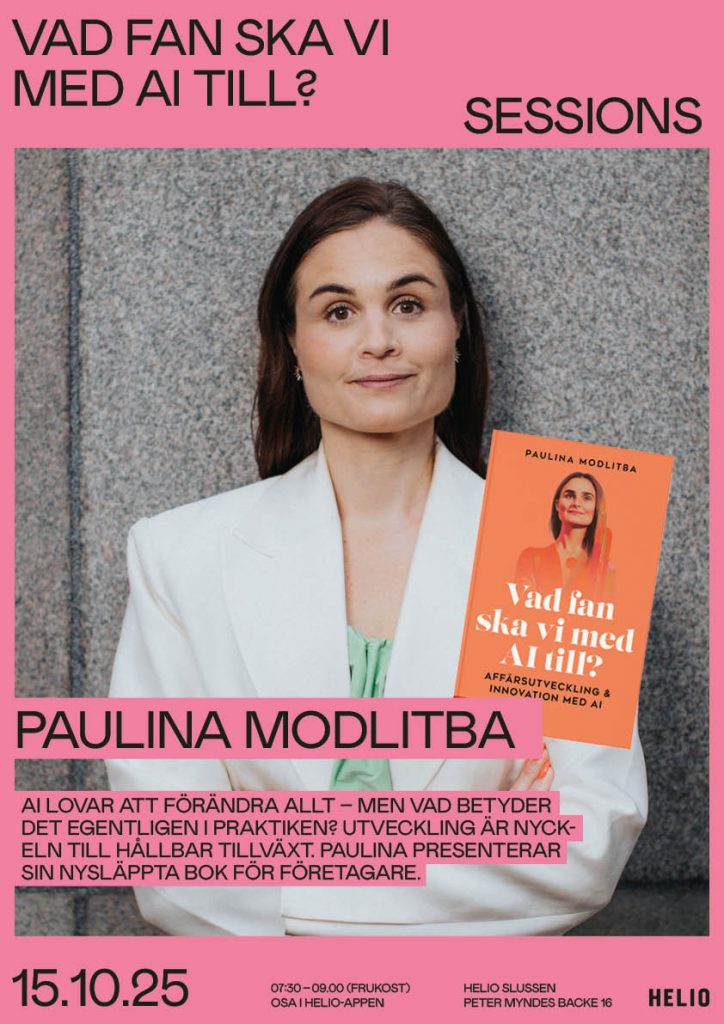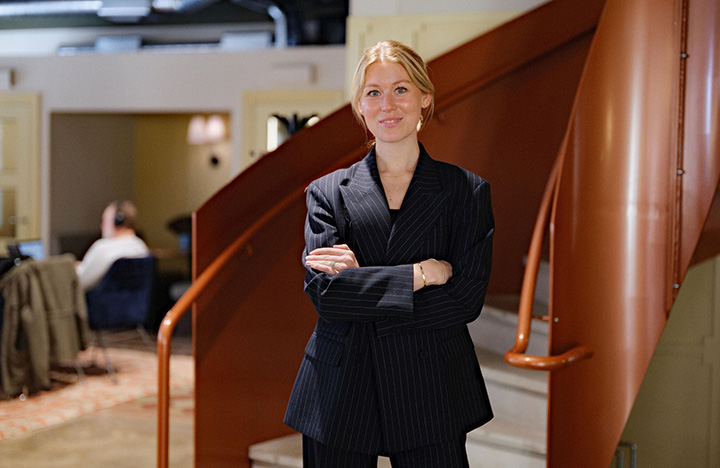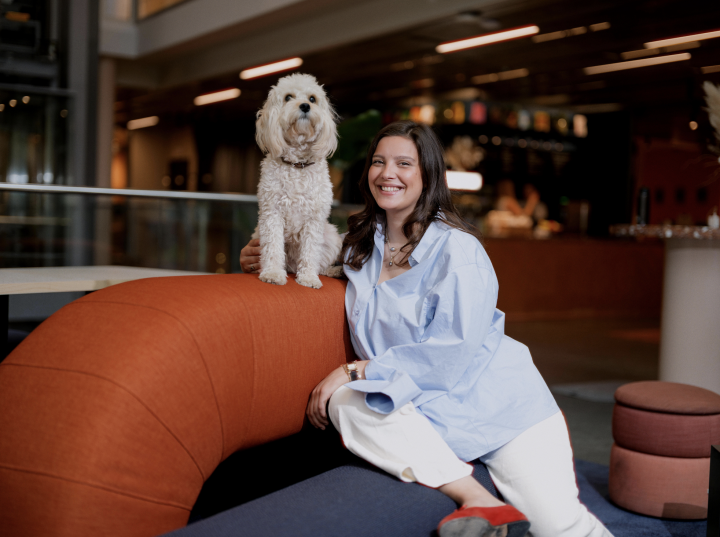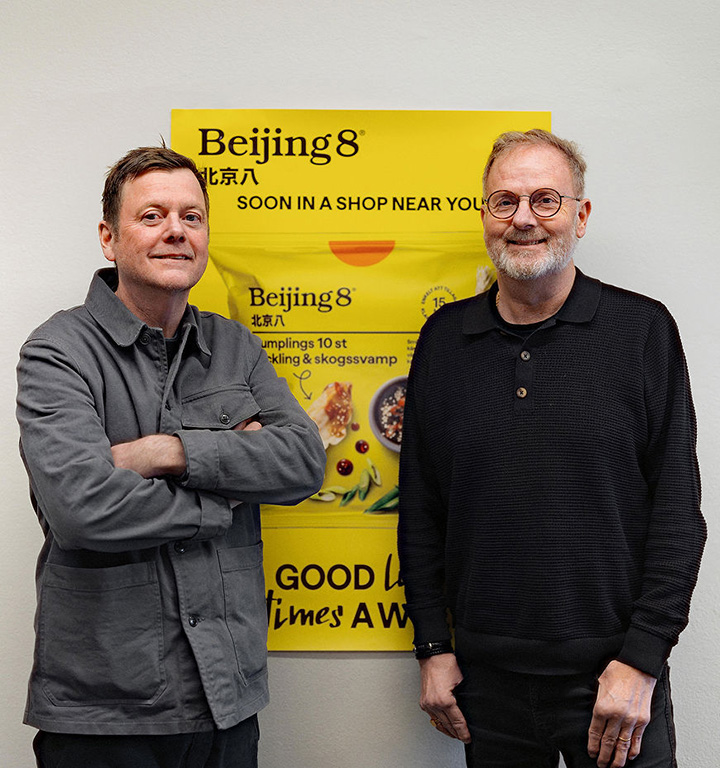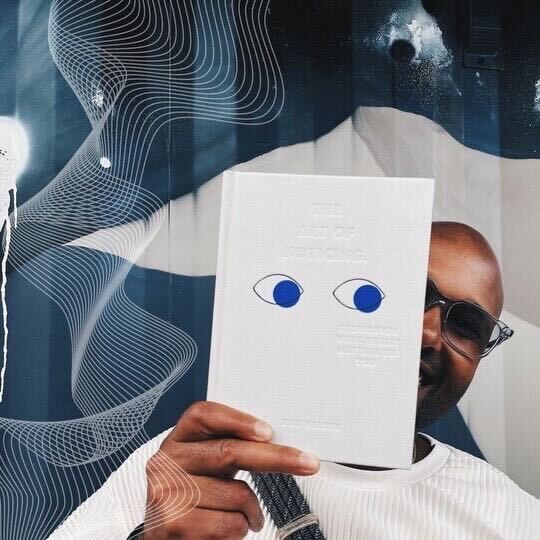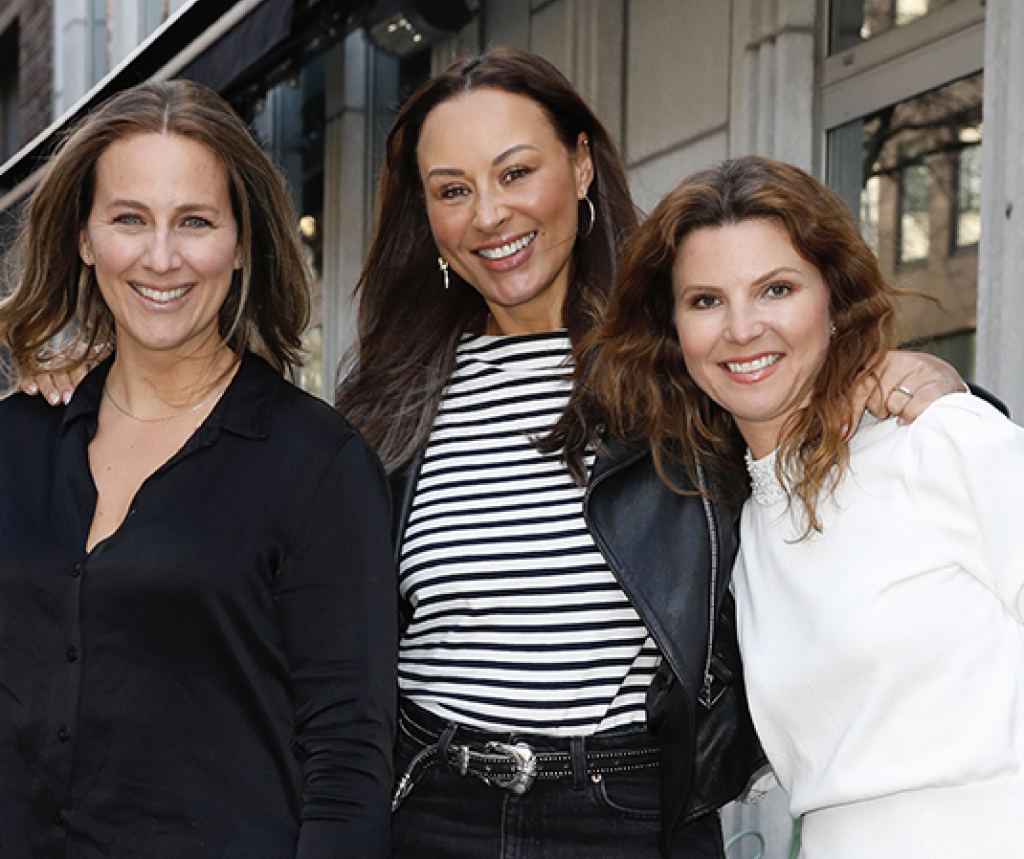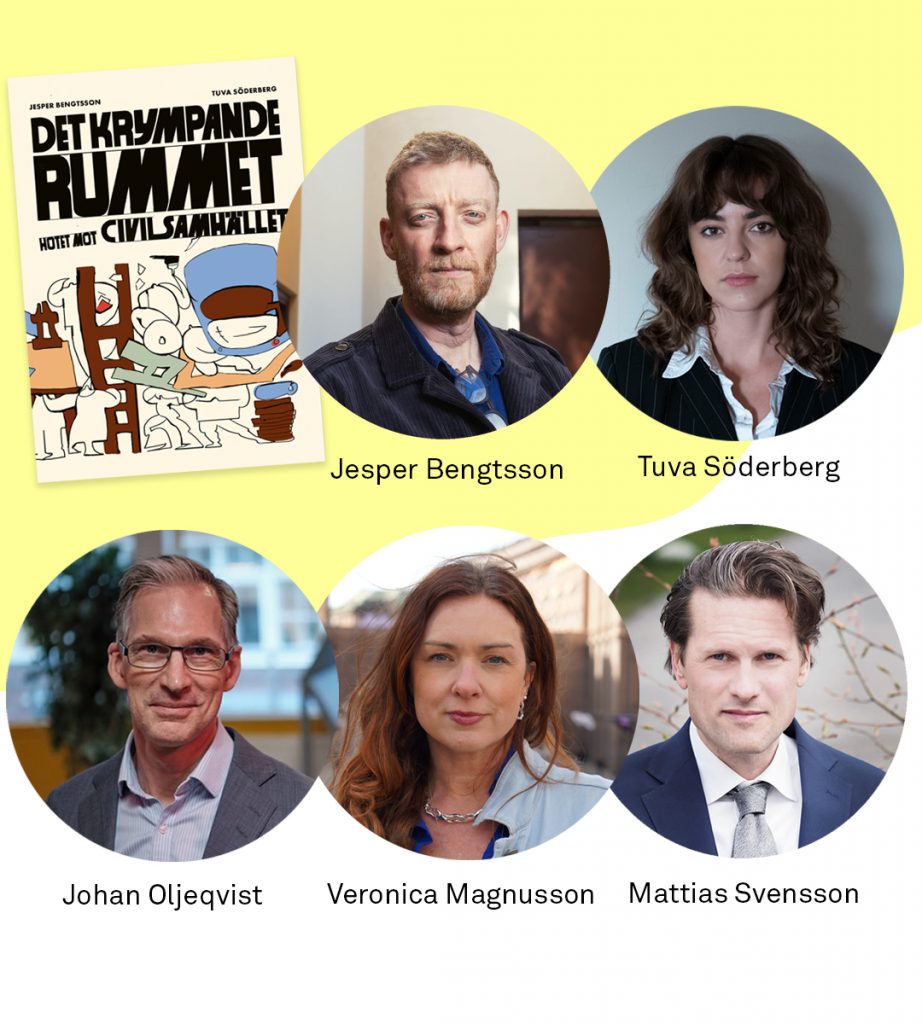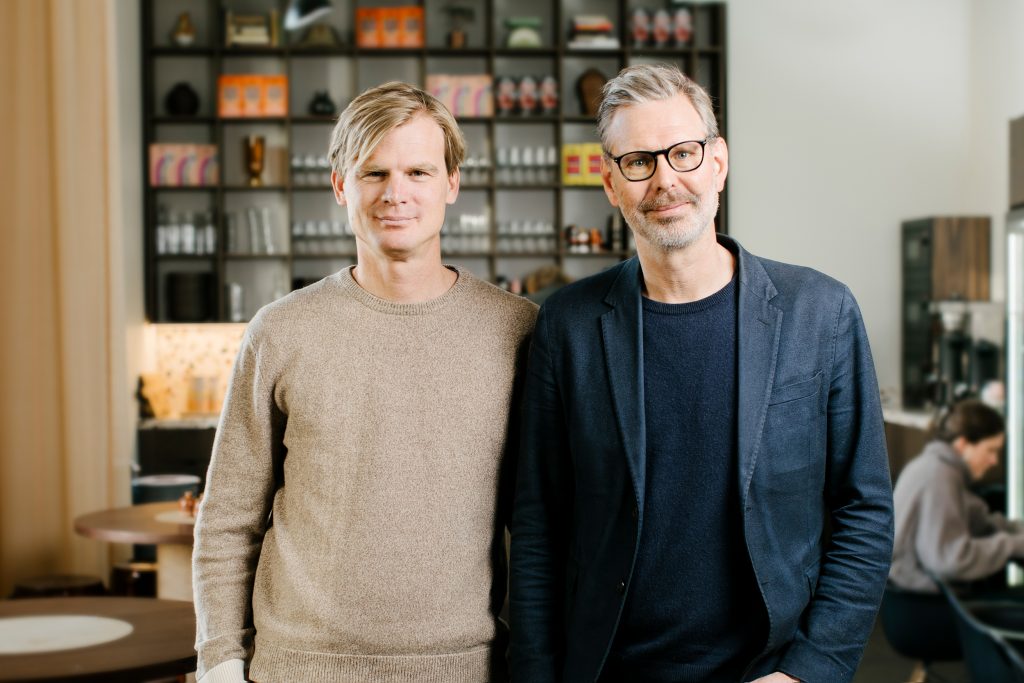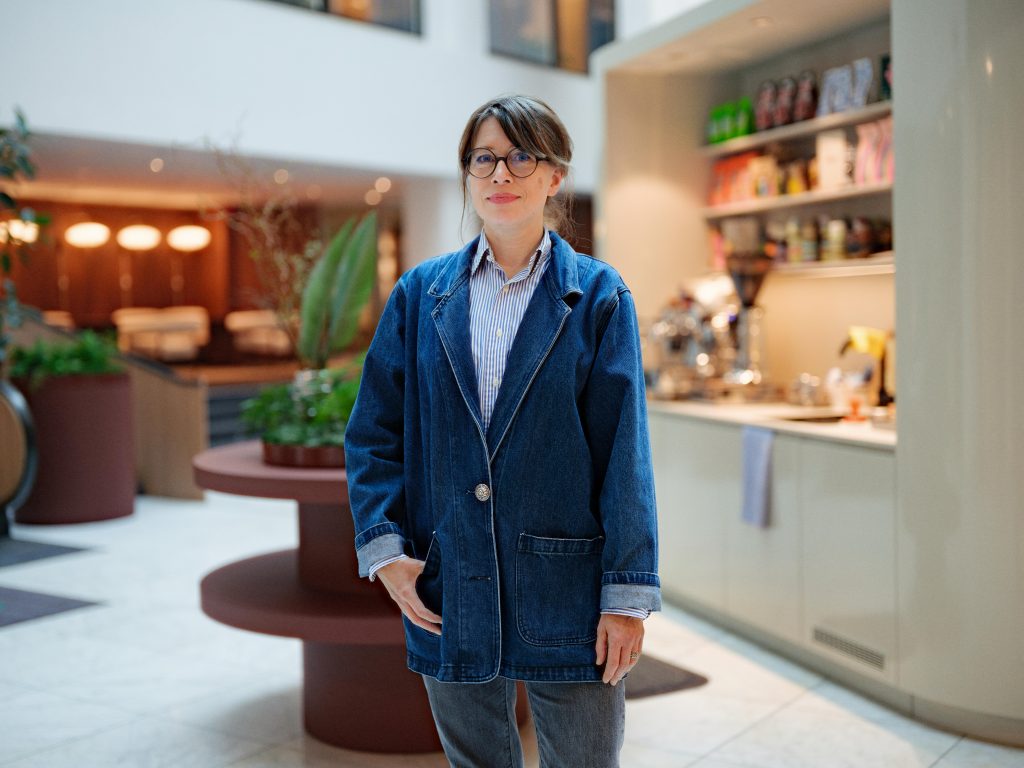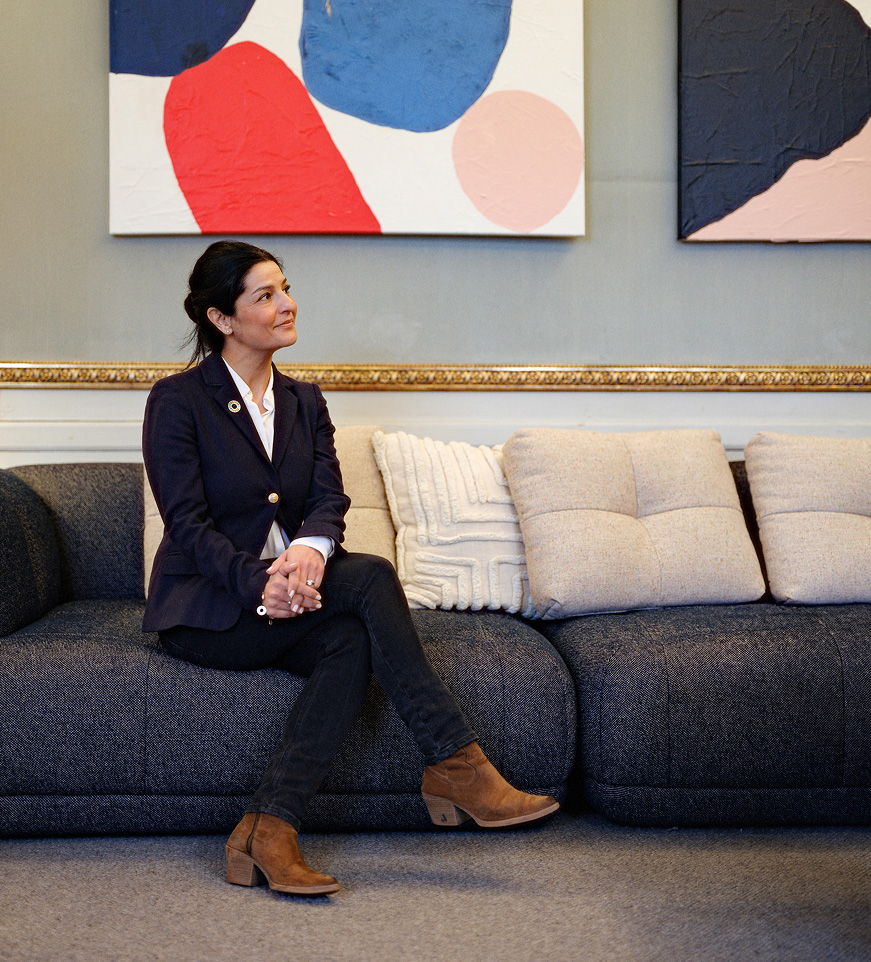During April, we’re holding a series of lectures in six parts with Abundo and Profile Agency, exclusively produced for Abundo and Helio members! Next up is the funny speaker Kalle Ström. We put Kalle on the spot and asked him five quick questions to get an understanding of what we’re going to learn more about when it comes to soft and hard values.
Hi Kalle, here are five quick questions: How are you feeling?
I feel great, thanks!
Mention a soft value and a hard one?
Perhaps the most obvious and acclaimed “soft value” that I raise in the lecture is freedom of choice. We’re crazy about the freedom of choice. A hard value can, for example, mean discipline or a habit.
The point of dividing the “soft” and “hard” values is not to strictly determine the consequences they actually generate, but to point out how our culture upgrades certain values and degrades others. The consequence of this strict division is that it creates misunderstandings about what is simply soft and hard.
What is the biggest difference in the misunderstanding between soft and hard values?
Well, if we keep talking about freedom of choice, it’s ironic that we often want to have many choices and a great freedom of choice in everyday life. But, in reality it’s difficult to handle and people actually avoid situations where the freedom of choice becomes too great.
For example, we often confuse freedom of choice with freedom. They’re different things. As the psychoanalyst Charles Melman points out, a man is the most free when he has limits. It sounds strange, but freedom can be the result of boundaries or frames, rather than the kind of boundless freedom that is often raised in our time.
Are we becoming more affluent individuals when we’re offered free will with many choices?
Yes, generally. The most classic example that most people can relate to is Netflix. The Netflix syndrome is just an expression of what often happens when you’re – often with your partner – trying to pick movie and it takes almost as long to choose, as actually watching the movie. Being faced with 2000 titles straight up and down (which Netflix and other services often solve with different kinds of categorization functions) often leads to frustration and makes us paralyzed rather than actionable.
Can you really be too soft?
Yes! And I don’t only mean in relation to how to “increase performance” or other competition-oriented measures. Being too soft can really be “harder” than it is being hard. Sounds strange? Come to the lecture, I’ll tell you more.
Thank you Kalle! We look forward to your lecture.






